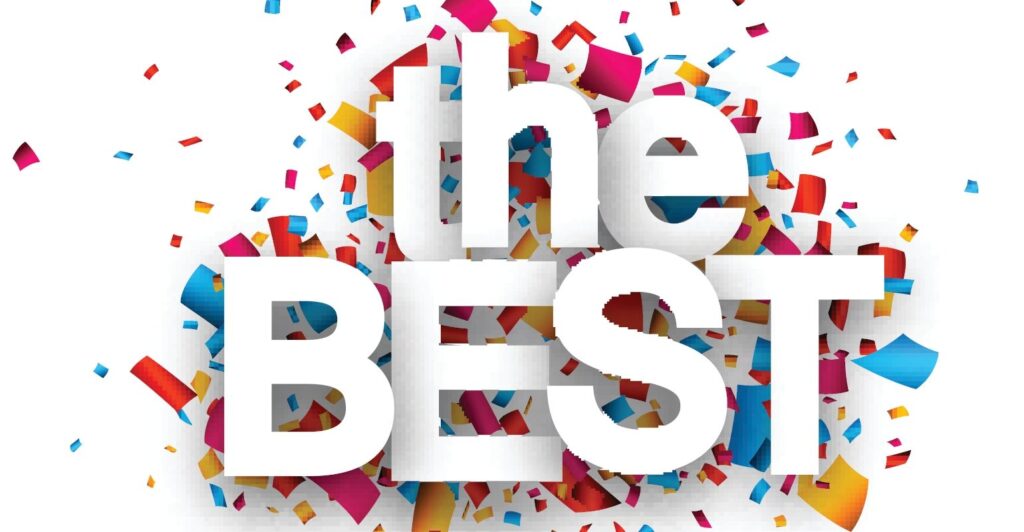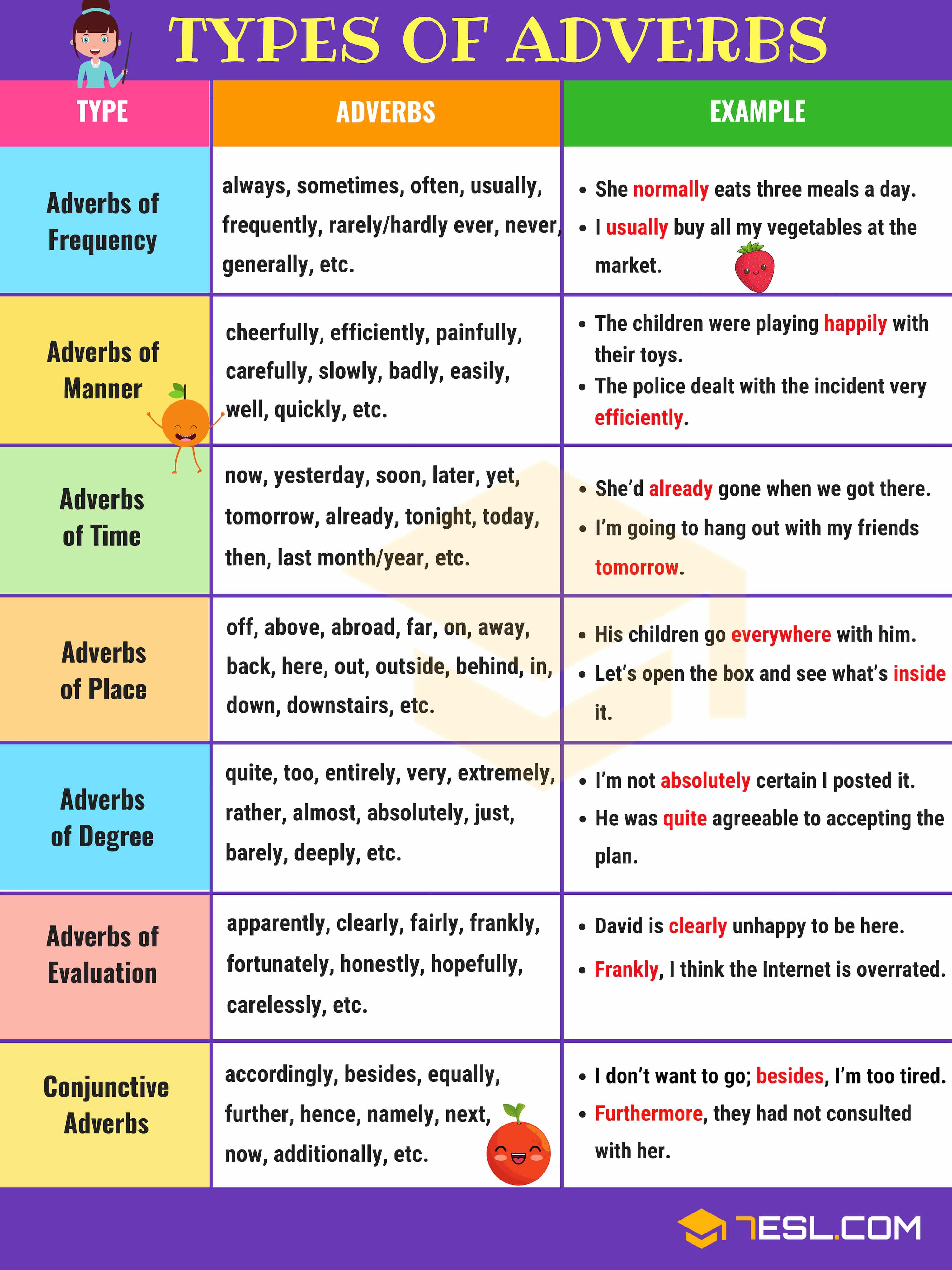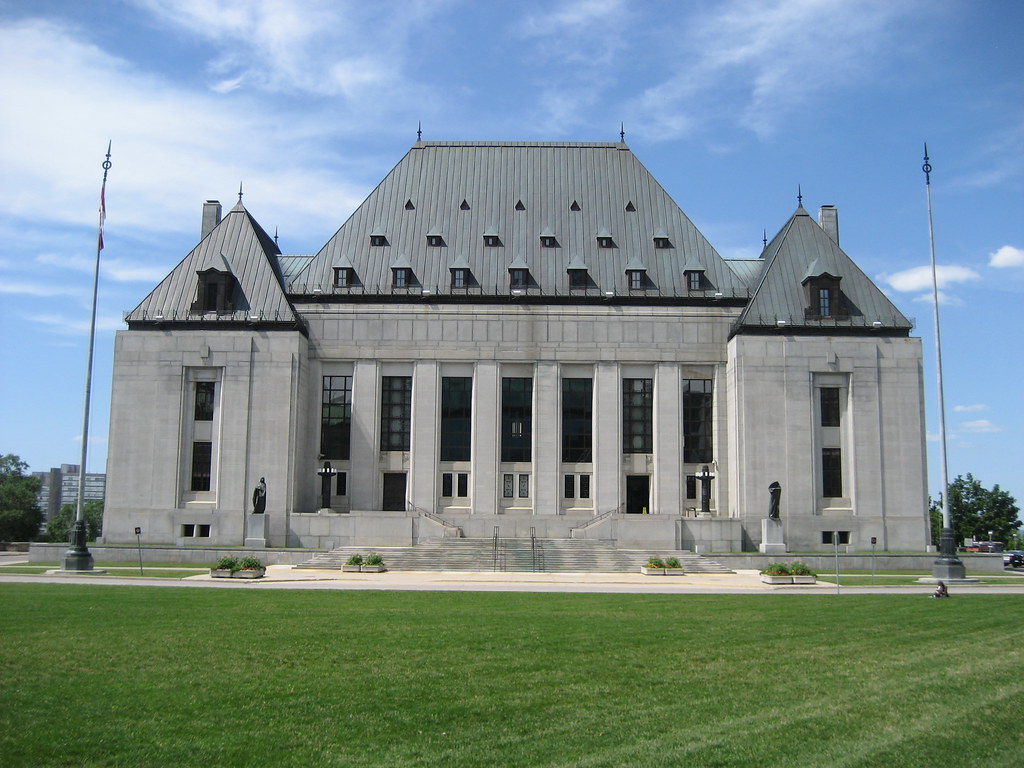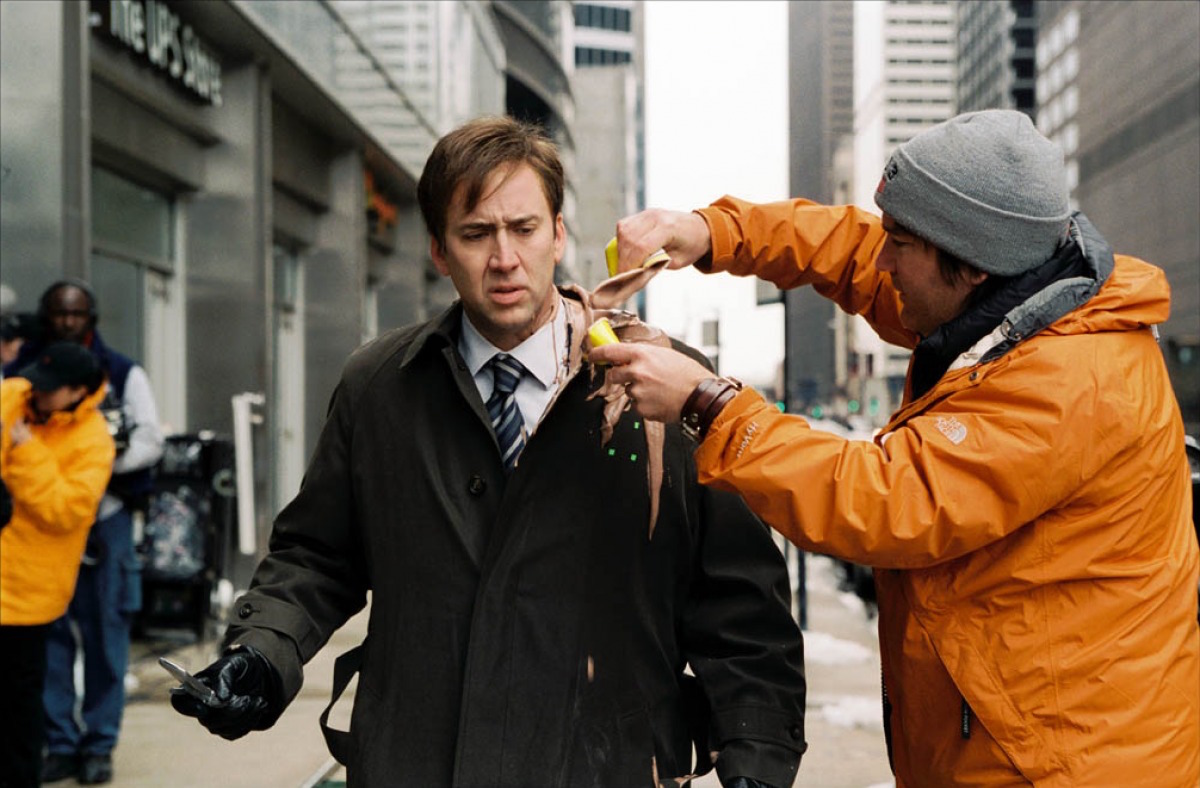
Ever found yourself scrolling through a ‘Top 10’ list, nodding along in agreement, or perhaps even passionately disagreeing with the expert rankings? Whether it’s the ‘best’ pizza in your city, the ‘best’ movie of the year, or those legendary ‘best’ Western TV actors who galloped across our screens, we’re constantly on the hunt for what truly stands at the pinnacle of excellence. But have you ever paused for a moment to consider what that powerful, succinct little word – ‘best’ – actually *means*? It’s tossed around so frequently in our daily conversations, yet its true depth, versatility, and nuanced power might just genuinely surprise you.
In a world absolutely obsessed with creating rankings, utilizing superlatives, and ardently crowning the ‘greatest of all time’ across every conceivable category, gaining a clear understanding of the foundational basis for such judgments becomes absolutely essential. When we discuss the ‘best’ Western TV actors, for instance, we aren’t merely reciting a roster of names; we are inherently making a profound statement rooted in quality, an assessment of their performance, and the lasting impact they had on their genre and audience. So, before you next plunge headfirst into a spirited debate about which star truly ‘bested’ the competition with their iconic portrayal, let’s take a moment to get down to brass tacks and truly unpack the significance of this mighty and often understated word.
Get ready, because we’re about to embark on an insightful, comprehensive journey deep into the very heart of ‘best’ – meticulously exploring its varied definitions, its remarkably versatile roles within the English language, and precisely how its usage profoundly shapes our collective understanding of excellence itself. From its intriguing ancient origins, stretching back through linguistic history, to its pervasive and impactful modern-day applications, this in-depth dive will undoubtedly equip you with a whole new, elevated appreciation for why ‘best’ is, without a shadow of a doubt, simply the *best* word available for expressing ultimate superiority in any context imaginable. Let’s unravel its layers together, shall we?

1. **The Adjective “Best”: Defining Top Quality**When we declare something to be ‘the best,’ we’re typically using it as an adjective. This is its most prevalent and intuitively understood form, functioning as the superlative of ‘good.’ It serves as the ultimate linguistic high-five, a resounding commendation for something that unequivocally distinguishes itself. For instance, if someone says, ‘She is the best chef in the city,’ it instantly conveys unparalleled culinary skill. It decisively places her at the zenith of her profession, far above any other cook or eatery. This isn’t just about being competent; it’s about being definitively supreme.
The definition provided perfectly captures this: ‘As an adjective, “best” describes something of the highest quality or standing. It often refers to the topmost or finest in a category, as in “She is the best chef in the city.”‘ This isn’t merely about possessing a commendable level of ‘goodness.’ It’s about embodying ‘the’ good, representing the crème de la crème, the absolute pinnacle of its kind. It is the adjective you instinctively reach for when simpler descriptors like ‘good’ or even ‘better’ feel entirely inadequate. Your goal is to convey an unmistakable sense of ultimate, unimpeachable excellence.
This adjective sets an unambiguous benchmark across a myriad of contexts. From describing ‘the best cake I have ever tasted,’ to a student being proudly ‘awarded the prize for best student,’ it signifies exceptional quality. Such usage unequivocally communicates that the item, person, or performance possesses attributes that are superior in every conceivable dimension within its designated category. It stands as the unwavering standard against which all other comparable entities are inevitably measured, and quite frequently, found to be distinctly wanting.
Consider the profound impact of this adjective in domains ranging from high-stakes film criticism to detailed gastronomic reviews. Labeling a particular artistic performance as ‘the best’ instantly elevates its status, signaling an extraordinary and memorable achievement. This single, potent word possesses the capacity to define an entire legacy and meticulously shape pervasive public perception. It’s far more than just a descriptive term; it is an unequivocal declaration of supremacy, a verbal trophy signifying absolute triumph.
In essence, the adjective ‘best’ doesn’t just describe; it champions. It highlights singular excellence and signals to all observers that a particular subject has not just met expectations, but has gloriously surpassed them. This fundamental understanding is crucial for appreciating why certain actors or films are consistently hailed as ‘the best,’ encapsulating a collective recognition of unparalleled artistic or technical mastery. It provides clarity in a crowded field of contenders.
Read more about: Unmasking the Hype: 14 Overrated Trucks & SUVs That Fall Short for Tough Jobs, According to Engineers and Towing Tests

2. **The Noun “Best”: Reaching Peak Performance**However, ‘best’ is not confined solely to its role as an adjective; it possesses the remarkable ability to stand proudly on its own as a robust noun. It represents the very pinnacle of an individual’s achievement, effort, or an item’s inherent quality. This is where the word undergoes a fascinating transformation, shifting its focus from merely describing an external quality to embodying a personal or more generalized zenith. When you encounter a statement like, ‘He gave his best during the competition,’ it immediately conjures a powerful, evocative image of profound dedication, immense effort, and a relentless commitment to pushing one’s personal limits. It vividly articulates the absolute highest level of performance an individual could possibly summon, a testament to their unwavering spirit and drive.
Our foundational context meticulously articulates this specific semantic shift: ‘As a noun, “best” refers to the highest level of quality or performance achieved. It’s often used when discussing personal or general achievements, like “He gave his best during the competition.”‘ This isn’t merely about the outcome, the fleeting glory of winning a prize. It fundamentally encompasses the arduous journey, the unwavering commitment, and the ultimate, concentrated output of one’s full spectrum of capabilities. It distinctly marks that seminal moment when every fiber of one’s being is consciously channeled into delivering unparalleled excellence, irrespective of whether that colossal effort culminates in a conventional victory. It is the victory of self-mastery.
We routinely witness this noun usage in countless everyday scenarios, painting vivid pictures of human endeavor. From diligent students who ‘always try their best in every task,’ to triumphant athletes proclaiming that ‘winning the championship was his best achievement,’ it signifies a career-defining moment of ultimate success. It functions as a powerful recognition of individual effort, discipline, and the zenith of one’s innate abilities. This nuanced noun usage empowers us to celebrate the maximum potential realized, marking the profound personal victory inherent in pushing beyond all ordinary constraints and perceived limitations. It intrinsically encapsulates the very essence of striving for greatness.
Delving further, beyond purely personal endeavors, ‘the best’ when used as a noun can also refer to something or someone that is objectively superior, embodying the finest example within a group. The dictionary resource thoughtfully clarifies this by stating, ‘Even the best of us makes mistakes,’ which highlights that ‘best’ can indeed function as a collective noun. It refers to those who are considered to be at the absolute pinnacle of their field or group. This particular nuance significantly broadens its applicability, demonstrating that it can gracefully signify both an individual’s personal zenith and the collective excellence of a distinguished group.
This distinction is vital. When we discuss actors who are ‘the best’ in a genre like Western TV, we are often referring to their consistent delivery of peak performances over a career. It’s about their accumulated impact and the indelible mark they’ve left. The noun form captures this holistic sense of sustained high achievement, embodying a standard that others aspire to. It’s not just about one moment, but a pattern of excellence that defines their status. This usage allows us to recognize and honor the pinnacle of a craft, whether it’s a single outstanding effort or a lifetime of distinguished contributions.
Read more about: Hollywood’s Fading Reels: 13 Once-Famous 60s Movie Stars You Knew, But Whose Iconic Films You’ve Forgotten

3. **The Verb “Best”: Conquering the Competition**Now, prepare yourself for a truly exciting linguistic twist! While the roles of ‘best’ as an adjective and a noun are quite familiar and frequently encountered, its less common yet profoundly impactful function as a verb might genuinely take you by surprise. Yes, ‘best’ can be an active verb, a dynamic and assertive expression signifying the act of overcoming an opponent, decisively outperforming others, or gaining a definitive advantage. This specific usage injects a powerful and unmistakable sense of competition, triumph, and decisive victory into our vocabulary, rendering it perfectly suited for articulating those pivotal moments of ultimate conquest. This applies whether unfolding on a sprawling sporting arena or during the intensity of a meticulously crafted, heated debate.
According to the authoritative context, this verbal role is clearly delineated: ‘As a verb, “best” means to outdo or surpass someone in excellence or achievement. This is often seen in competitive contexts, such as “She bested all her rivals in the race.”‘ This definition transcends the simple act of merely performing ‘well.’ It unequivocally signifies actively defeating, thoroughly surpassing, or definitively proving one’s superiority over others in a direct contest. It functions as the linguistic equivalent of a decisive mic drop, an irrefutable, final statement that one has unequivocally emerged victorious. This happens not just through general competency, but by being demonstrably and overwhelmingly *better* than every other participant.
Picture in your mind the adrenaline-pumping excitement of a gripping sports match where one team, through sheer skill and strategic prowess, ‘bested’ their formidable opponents in a thrilling final game. Or perhaps visualize an intellectually rigorous courtroom drama where a brilliant lawyer skillfully ‘bested’ their equally cunning counterpart in a complex and high-stakes legal argument, winning the case with irrefutable logic and persuasive rhetoric. This potent verb powerfully conveys the precise act of gaining a decisive advantage, of unequivocally demonstrating superior skill, refined technique, or an ingenious strategic foresight in a head-to-head confrontation. It stands as an undeniable testament to cultivated skill, astute strategic thinking, and an almost superhuman level of sheer determination.
The verb ‘best’ inherently carries a unique and considerable punch, signaling not just that an individual or group performed admirably, but that they actively excelled *beyond* all others, leaving no doubt about their supremacy. It implicitly conveys a direct comparison and clearly identifies a singular, undeniable winner. This dynamic and results-oriented usage adds a compelling layer of excitement and a sense of absolute finality to any descriptions of achievement. It empowers us to articulate moments of definitive triumph with remarkable precision and vigorous clarity, profoundly capturing the very essence of being ‘the best’ through decisive, impactful action.
Furthermore, this active form of ‘best’ often implies not just victory, but a convincing and often skillful one. It speaks to a moment where competence is not just measured but explicitly proven against opposition. This is particularly relevant when evaluating actors who consistently ‘best’ their roles, delivering performances that exceed expectations and elevate the material. They don’t just perform; they *conquer* the demands of the character and script, making it uniquely their own. This verb helps us understand that achieving ‘best’ status often involves actively overcoming artistic challenges and outshining peers.
Read more about: Cristiano Ronaldo’s Legendary Lifestyle: The Unrivaled Career Powering an Iconic Supercar Collection

4. **The Adverb “Best”: Acting with Superior Excellence**Just when you might have been convinced that the word ‘best’ had exhausted its remarkable versatility, here it comes again, confidently strutting its stuff in yet another indispensable role: as an adverb! In this fascinating form, ‘best’ serves to meticulously describe *how* an action is performed, emphatically indicating that the action was executed in the most excellent, superb, or superior manner conceivable. It zeroes in on the sheer quality of the execution itself, highlighting an almost flawless, impeccably optimal, or incredibly effective approach. When an individual performs an action ‘best,’ they are not merely accomplishing it competently or even ‘well’; they are doing it with an unparalleled level of finesse, precision, and undeniable effectiveness.
Our provided context brilliantly illuminates this specific adverbial function: ‘As an adverb, “best” describes doing something in the highest or most excellent way, typically indicating superior performance, as in “He handled the situation best by staying calm.”‘ This poignant example vividly illustrates a profound mastery of execution. Every single aspect of the action is perfectly optimized for the most successful and positive outcome. It speaks volumes about precision, profound wisdom, and an almost effortless efficiency in meticulously achieving the desired result. It represents the subtle yet undeniably powerful way to convey ultimate skill and impeccable insight as they are manifested in action, turning competence into true artistry.
Consider another illuminating phrase from the resource: ‘They gave her an opera role that best suits her voice.’ Here, the adverb ‘best’ masterfully modifies the verb ‘suits,’ indicating that the chosen role aligns with her unique vocal abilities not just adequately, but perfectly, in the most ideal and harmonious way imaginable. This precise adverbial use empowers us to highlight an choice that is not simply appropriate or satisfactory, but *maximally* appropriate, incredibly effective, and exquisitely tailored. It consistently speaks to achieving an optimal fit or deploying the most excellent possible method.
This specific adverbial application of ‘best’ is quite frequently paired with verbs that involve critical judgment, intricate suitability, or the nuanced quality of performance. It consistently emphasizes that the action was not only carried out but executed with superior insight, profound skill, and exemplary foresight. It profoundly elevates the very description of the action itself, making it abundantly clear that no other approach or method could have been more effective, more commendable, or more perfectly executed. It stands as a profound testament to doing things not just correctly, but in the absolute finest possible manner.
Therefore, whether it’s an actor who ‘best’ embodies a complex character, bringing nuances to life that no one else could, or a director who ‘best’ stages a scene to maximize its emotional impact, the adverbial ‘best’ captures the essence of masterful execution. It’s about not just doing, but doing *superbly*. This insight allows us to appreciate the subtle brilliance in performances that might not be overtly flashy but are perfectly calibrated. It’s a testament to the idea that true excellence often lies in the precision and thoughtful application of skill, making every action count in the most effective way.
Read more about: More Than Just Tall: Unpacking the High-Performance, High-Maintenance Complexity of the Word ‘High’

5. **”Best” in All Its Forms: A Multifaceted Word**So, we have now embarked on an enlightening linguistic journey, meticulously exploring ‘best’ in its various capacities: as a compelling adjective, a substantive noun, a dynamic verb, and a precise adverb. Quite an impressive and versatile performance for a single, seemingly simple word, wouldn’t you agree? This remarkable and profound grammatical versatility is, without a doubt, one of its most fascinating and indispensable attributes. It empowers ‘best’ to seamlessly adapt to a multitude of grammatical roles, all while consistently and unequivocally conveying its core, powerful message of ultimate excellence and unparalleled superiority. It operates much like a linguistic chameleon, always perfectly suited and finely tuned to its specific environment, yet unfailingly signaling the highest conceivable standard in every permutation. Its adaptability is truly astounding.
The inherent ability of ‘best’ to fluidly function across such a diverse array of different parts of speech makes it an incredibly potent and consequently, a highly frequent component in our everyday language. The context we’re drawing from highlights this profound characteristic with remarkable clarity, stating: ‘The term “best” can function as an adjective, noun, verb, and adverb. Each use has specific contexts and meanings. Uncommonly, “best” can also be used in idiomatic expressions to emphasize excellence.’ This incredible and inherent adaptability ensures that ‘best’ is perpetually available, a reliable linguistic tool ready to articulate the absolute peak of quality, the maximal extent of effort, or the superior level of performance in virtually any given situation.
Consider the sheer breadth of its applications, effortlessly conveying superiority in diverse contexts. From lucidly describing ‘the best’ solution to a complex problem, identifying the most optimal and effective answer, to someone passionately giving ‘their best’ effort, demonstrating their peak personal commitment, to an athlete who triumphantly ‘bested’ their rival in a fierce competition, definitively claiming victory, or a strategic approach that ‘best’ optimized a challenging situation, achieving maximal efficiency. The word ‘best’ glides effortlessly through these varying scenarios, consistently and powerfully conveying a message of undeniable superiority.
This profound and intrinsic versatility is precisely why ‘best’ occupies such a central and cornerstone position in nearly all discussions pertaining to quality assessment, notable achievement, and the inherent dynamics of competition. It transcends mere simple description, evolving into a dynamic and active element that can define subjects, articulate actions, or precisely delineate states of being with equal ease and striking effectiveness. Its consistent and unwavering presence across distinct grammatical categories solidifies its unique position as the ultimate, most powerful word available for conveying superlative degrees of everything that is considered good, superior, or excellent.
Whether it’s the ‘best’ acting performance, the ‘best’ screenplay, or even simply the ‘best’ way a scene was blocked, ‘best’ is the descriptor that cuts through ambiguity to highlight true supremacy. Its consistent message across these roles reinforces its power. This deep understanding of its grammatical chameleon-like quality allows us to appreciate not just what it describes, but how flexibly and powerfully it communicates the pinnacle. It underlines why ‘best’ is critical for truly understanding any ‘greatest of all time’ ranking.
Now that we’ve totally aced the grammatical gymnastics of “best,” understanding how it flexes its muscles as an adjective, noun, verb, and even an adverb, are you ready to unlock even more of its linguistic superpowers? Because trust us, this word is like the Swiss Army knife of superlative expressions, and we’re only halfway through its epic story!
Our journey into the ultimate word isn’t over yet! We’re about to dive deep into its rich tapestry of related terms, exploring the dazzling array of synonyms that let us sprinkle variety into our descriptions of excellence, and yes, even peek at its antonyms – because sometimes, knowing what something *isn’t* helps us understand what it truly *is*. We’ll also unearth its ancient origins, discover some seriously cool related terms, and totally get a grip on those everyday idioms that make our language so vibrant and expressive. So, buckle up, word nerds, because we’re about to level up our appreciation for “best” even further!
Read more about: Mastering the ‘Worst’: Your Ultimate Guide to Precision and Power in English Grammar

6. **Synonyms of “Best”: Level Up Your Vocabulary!**Alright, if you’re tired of just saying “best” all the time (even though it IS the best!), you’re in luck. English is a language overflowing with options, and when it comes to expressing top-tier quality, we’ve got a whole squad of fantastic synonyms ready to jump into action. These aren’t just filler words; they each carry a slightly different vibe, letting you precisely pinpoint the *kind* of excellence you’re talking about. Think of it as having a full palette of colors instead of just one primary hue to paint your masterpieces of praise!
Our linguistic treasure chest reveals a dazzling list of alternatives that perfectly convey similar meanings of excellence and superiority. Imagine wanting to describe a performance that was simply unparalleled; you could reach for “finest,” “prime,” or “supreme.” Each of these words instantly elevates your description, painting a vivid picture of something that rises above all others, a truly standout moment that captures attention and admiration. It’s about choosing the right word to give your commendation that extra sparkle.
Then we have words like “top,” “unsurpassed,” and “excellent.” “Top” is straightforward, direct, and universally understood, placing something right at the pinnacle. “Unsurpassed” carries a powerful punch, signaling that literally nothing has come before it that could even compare – it’s in a league of its own. And “excellent”? Well, that’s a classic for a reason, a robust and reliable choice that communicates high quality without needing any extra fuss. These are your go-to words for straightforward, undeniable praise.
But wait, there’s more! “Outstanding,” “greatest,” and “optimal” round out our powerhouse list. “Outstanding” conjures an image of something that simply *stands out* from the crowd, impossible to ignore. “Greatest” is another classic superlative, conveying a sense of magnitude and profound impact. And “optimal” is fantastic for when you’re talking about the *most favorable* or *most effective* choice, making it a go-to for problem-solving or efficiency. With this diverse vocabulary, you’ll never be at a loss for words when something truly shines!

7. **Antonyms of “Best”: Understanding the Other Side of the Coin**Every hero needs a villain, right? And just as “best” stands for ultimate quality and achievement, its antonyms swoop in to represent the exact opposite. While we all love celebrating the crème de la crème, understanding the words that describe the lowest quality or performance is just as crucial for a full linguistic picture. It’s like knowing the high notes *and* the low notes to truly appreciate a symphony – the contrasts make the whole experience richer and more meaningful.
Our handy guide to words offers a clear lineup of antonyms that vividly reflect qualities of lower standards and poorer execution. At the top of this ‘not-so-great’ list is, predictably, “worst” – the direct, unequivocal opposite of “best.” Following closely are “poorest” and “inferior,” both strong indicators that something falls significantly short of acceptable benchmarks. These words aren’t just casual dismissals; they carry a weight of judgment, signifying a clear lack of desirable attributes and firmly placing something at the bottom rung.
Then you have terms like “lowest,” “mediocre,” and “substandard.” “Lowest” is pretty self-explanatory, hitting rock bottom in terms of quality or ranking. “Mediocre” is particularly interesting because it implies a middle-of-the-road existence, neither good nor bad, but definitely *not* “best.” It’s the linguistic shrug, indicating a lack of distinction. “Substandard” is more direct, suggesting something that fails to meet required or expected criteria, a clear red flag for quality control.
To complete our exploration of the ‘lesser’ side, we encounter “second-rate,” “average,” “unremarkable,” and “least.” “Second-rate” clearly positions something as decidedly *not* the best, often implying a noticeable drop in quality. “Average” simply means typical or ordinary, far from exceptional. “Unremarkable” is perhaps the most damning of all, implying a complete lack of any memorable quality. And “least”? It’s the quantity equivalent of “worst,” signaling the smallest or slightest degree. Together, these words provide a powerful lexicon for describing anything that falls short of excellence.

8. **Etymology: Unearthing the Ancient Roots of “Best”**Ever wondered where our mighty word “best” actually came from? It’s not just a modern invention for our ‘Top 10’ lists; this word has a seriously impressive history, stretching way back through the mists of time! Understanding its origins is like discovering the ancient blueprint of a magnificent building – it reveals the foundational strength and enduring structure that has allowed it to stand the test of linguistic millennia. Prepare to be amazed by its linguistic lineage!
Our context information tells us that the word “best” has its fascinating origins firmly planted in Old English. Specifically, it evolved from “betst.” How cool is that? This “betst” wasn’t just any old word; it was the *superlative form of “good.”* This means that from its very linguistic infancy, “best” was designed to express the absolute pinnacle of quality, the ultimate degree of “goodness.” It truly was destined for greatness right from the start!
This ancient lineage isn’t just a fun fact; it provides crucial insight into the word’s enduring power. The journey from Old English “betst” shows a consistent purpose: to indicate the highest quality or rank. This isn’t a word that suddenly became important; it *always* was. It’s deeply embedded in the very fabric of our language as the go-to term for ultimate superiority, reflecting a fundamental human need to identify and commend excellence across generations and cultures.
And guess what? “Best” isn’t a lone wolf in the linguistic forest! It has some pretty cool cousins across the Germanic language family. Our context explicitly states it’s “related to the Old Norse bezt and German best.” This connection highlights a shared linguistic heritage, proving that the concept of expressing supreme quality transcends mere national borders and individual languages. It’s a truly global superstar, uniting us in our appreciation for all things top-tier, whether we’re speaking English, Old Norse, or German!

9. **Related Terms to “Best”: Expanding the Circle of Excellence**Beyond direct synonyms and antonyms, “best” also hangs out with a whole crew of “related terms” that, while not always interchangeable, definitely share a similar vibe of excellence, quality, or superiority. Think of them as its close friends and extended family, each contributing to the overall conversation about what makes something truly great. Understanding these connections helps us appreciate the nuanced ways we talk about high standards and remarkable achievements.
The provided information offers a solid list of terms closely associated with “best,” each enriching our vocabulary for discussing superiority. At the forefront is “better,” the comparative form of “good” that naturally paves the way to “best.” This relationship underscores the progressive nature of improvement, reminding us that “best” is often the culmination of striving for “better.” It’s the journey from good, through better, to the ultimate best.
Other terms on this list, like “excellence,” “quality,” and “prime,” directly articulate the core attributes that “best” embodies. “Excellence” names the very state of being supremely good, while “quality” defines the inherent standard of something. “Prime” speaks to the most favorable or fundamental stage, often implying a peak condition or the foundational element of superiority. These words are like the pillars supporting the concept of “best,” giving it structural integrity and depth.
Then we have terms such as “superior,” “top-notch,” “unsurpassed,” “optimal,” “outstanding,” and “supreme.” While some of these might also appear in our synonym list, here they function as “related terms” by sharing similar contexts without always being perfect substitutes. “Superior” clearly denotes a higher rank. “Top-notch” and “outstanding” are vivid, conversational ways to express very high quality. “Unsurpassed” means nothing can beat it, and “optimal” signifies the most desirable outcome. “Supreme” resonates with absolute authority and ultimate rank. Each word adds its own flavor to the grand narrative of exceptionalism.
These related terms collectively paint a more complete picture of the linguistic landscape surrounding “best.” They show us that while “best” is powerful on its own, its meaning is amplified and clarified by the company it keeps. It’s a network of words all working together, ensuring that whenever we want to talk about the highest standards, the most remarkable achievements, or simply anything that truly shines, we have an expansive and precise vocabulary at our fingertips. It’s truly a linguistic ecosystem of awe and admiration!
Read more about: Revived Legends: Unpacking the Surprising Comebacks of Iconic Automotive Stars

10. **10 Common Idioms with “Best”: Adding Flavor to Your Language!**Now for some serious linguistic spice! Idioms are those fantastic, often quirky phrases where the meaning isn’t just a sum of its parts. And guess what? “Best” loves to get in on the action, popping up in tons of common idioms that add color, depth, and a whole lot of emphasis to our everyday conversations. These expressions are like secret codes that English speakers use to convey complex ideas about excellence and effort in super memorable ways!
Our guide reveals a fantastic collection of idioms that use the concept of “best” to convey notions of superiority and peak performance. Take “At the top of one’s game” – doesn’t that just perfectly describe someone performing at their absolute highest level? Or “Cream of the crop,” a wonderfully evocative phrase that conjures images of the finest, most select part of a group. These aren’t just descriptions; they’re vivid metaphors that everyone instantly understands, making your language much more engaging.
Then we have idioms that really hammer home the idea of unparalleled quality. “Second to none” explicitly states that something is without equal, placing it squarely at the pinnacle. “Top-notch” is a casual yet powerful way to describe something of extremely high quality, while “Head and shoulders above” paints a clear picture of someone or something being visibly superior to others. These phrases don’t just tell you something is good; they practically shout its exceptionalism from the rooftops!
Other gems like “A cut above” and “Top of the heap” continue this trend of emphasizing clear superiority within a group or category. “In a league of one’s own” takes it a step further, suggesting such unique and outstanding quality that there’s no real competition. And for those moments when you want to describe an ideal situation, “Best of both worlds” is your go-to. It perfectly captures the joy of having advantages from two different situations, combining them for an ultimate win!
Finally, we’ve got “Best foot forward,” an idiom that perfectly encapsulates the idea of putting in your maximum effort and presenting yourself in the most favorable light right from the start. As our context mentions, “idioms often use the concept of ‘best’ to convey excellence or superiority,” and these examples certainly prove that. Mastering these idiomatic expressions not only makes you sound incredibly fluent but also helps you communicate nuances of excellence and effort with effortless flair. They truly are the “best” way to spice up your English!
**Conclusion: The Enduring Legacy of the “Best”**
Whew, what a ride! From its humble origins in Old English to its dazzling versatility across adjectives, nouns, verbs, and adverbs, and now through its rich tapestry of synonyms, antonyms, related terms, and vibrant idioms, the word “best” truly is a linguistic titan. It’s more than just a descriptor; it’s a concept, a goal, a declaration of triumph, and a cornerstone of how we assess and celebrate excellence in every corner of our lives.
Whether you’re debating the “best” Western TV actor (see what we did there?) or simply trying your “best” to master a new skill, this powerful word is always there, pushing us towards higher standards and inspiring us to reach for the stars. It encapsulates not just what is good, but what is *exceptionally* good, profoundly shaping our conversations about quality, achievement, and aspiration. So, the next time you hear or use “best,” take a moment to appreciate the sheer depth and unwavering power packed into those four simple letters. It’s a word that truly deserves its own superlative title – it’s simply, unequivocally, the *best*!



